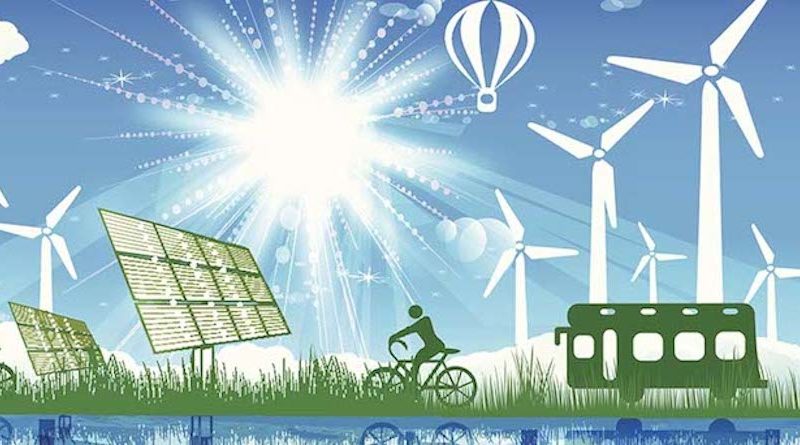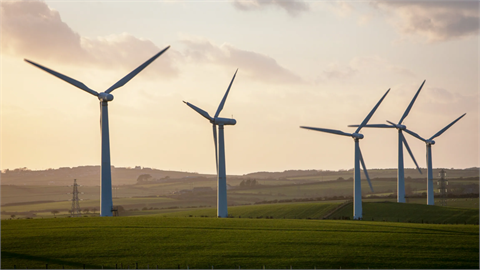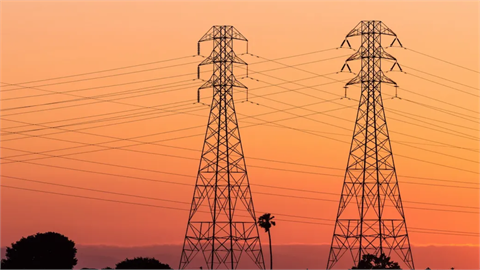Greece’s energy consumption profile for 2023, compared to 2022, appears clearly differentiated and with significantly lower prices for electricity and natural gas
Greece’s energy consumption profile for 2023, compared to 2022, appears clearly differentiated and with significantly lower prices for electricity and natural gas. This is one of the main conclusions of IENE’s Energy Market Analysis Bulletin for 2023. Another key conclusion is the high participation of Renewable Energy Sources (RES) in the power generation mix, whereas reached 38% in 2023, while if we add the share of hydro, the total RES participation climbed to 45%, which is considered one of the highest for a European country.
The key conclusions of the IENE’s Energy Market Analysis for 2023 are summarized as follows:
- Reduction of electricity and natural gas prices in 2023 in Greece. In particular, the average Market Clearing Price (MCP) in 2023 was reduced by 57% compared to 2022 and amounted to €119.26/MWh. The prices in the Natural Gas Trading Platform of the Hellenic Energy Exchange are also on a downward trajectory, with the average price for 2023 being €40.7/MWh from €46.9/MWh in 2022.

- As regards electricity demand, it was set at 48.5 TWh in 2023, moving downwards compared to the previous year (2022: 51.9 TWh).
- In addition, the use of natural gas for power generation decreased in 2023, corresponding to 33% of the fuel mix, compared to 2022, which reached 38%. Moreover, energy production from RES and natural gas in 2023 amounted to 17.4 TWh and 15.7 TWh respectively, with RES remaining at approximately the same levels as in 2022, while in the same time natural gas decreased by 18% compared to the previous year.
- In 2023, the fuel mix in electricity generation was characterized by a strong participation of RES and natural gas, contributing 38% and 33% respectively.


- Greece’s average annual electricity imports in 2023 tottaled 9.97 TWh, up 13%, compared to 2022. Similarly, Greece’s average annual electricity exports in 2023 were 4.07 TWh, down 18%, compared to 2022. Hence, Greece remained a net electricity importer in 2023, with total net imports of 5.91 TWh, up 54% year-on-year (2022: 3.85 TWh).

- In 2023, it is estimated that a total of 14.7 million tons of CO2 were emitted from power generation in Greece, registering a decrease of 4.28 million tons or 23% compared to 2022, due to the downward trajectory of emissions from all three fossil fuels. (oil, gas, lignite)
- Greece’s total natural gas imports for 2023 amounted to 54 TWh, down 13% year-on-year. LNG’s contribution of 56% in 2023 is considered one of the highest percentages in recent years, highlighting the important role that the fuel already plays and is expected to play in the coming years in the context of minimizing Russian natural gas imports.





